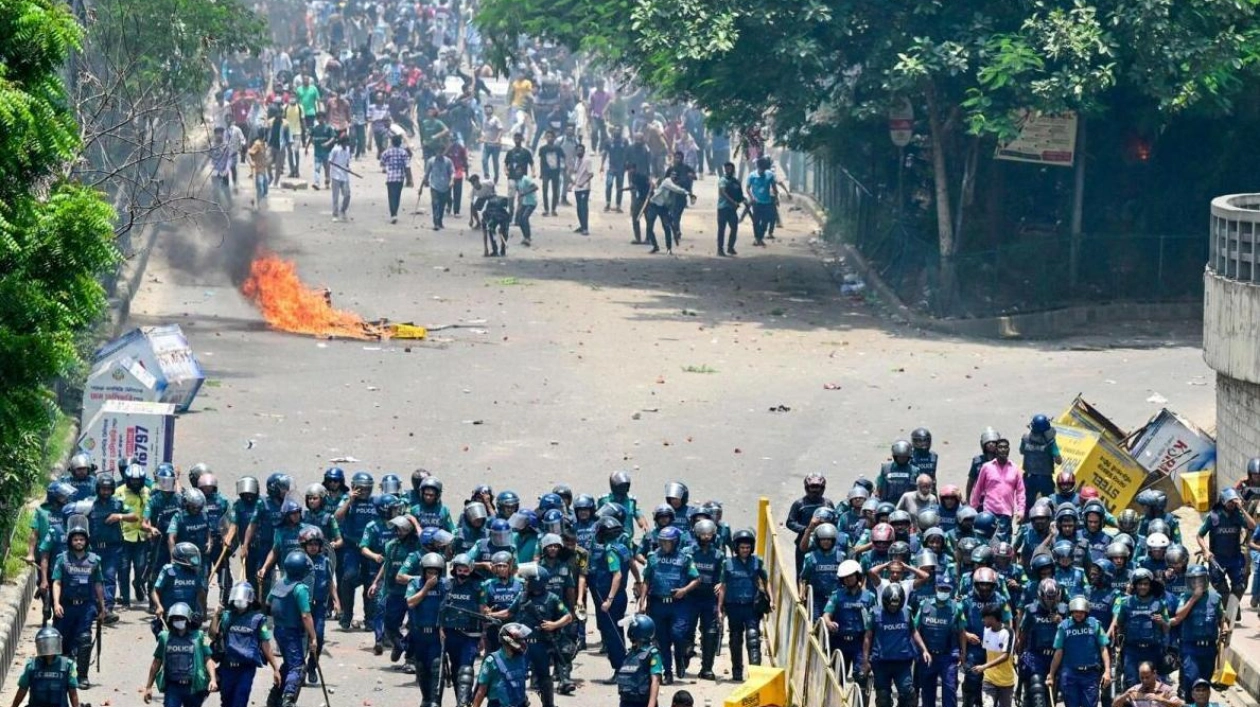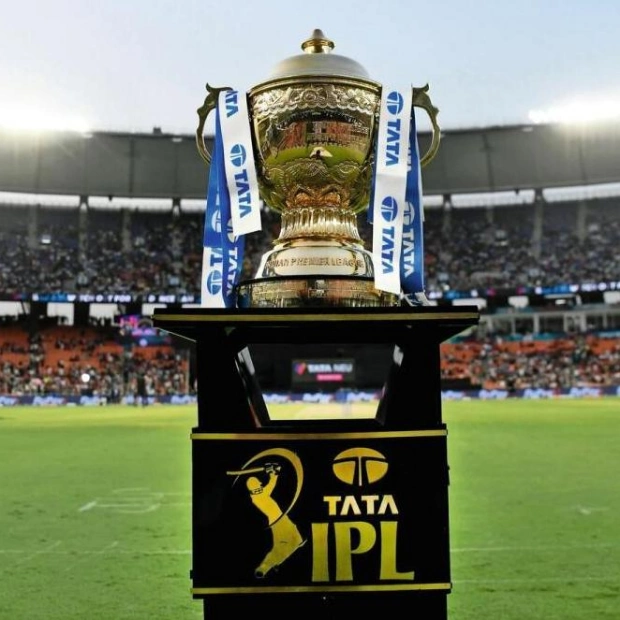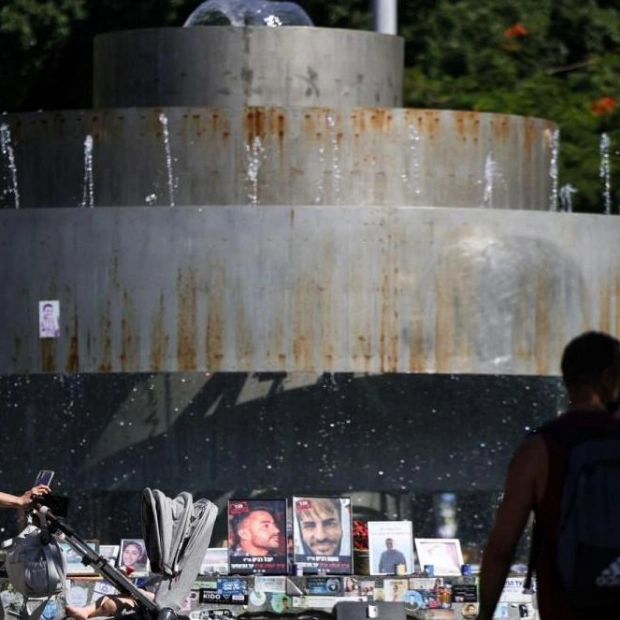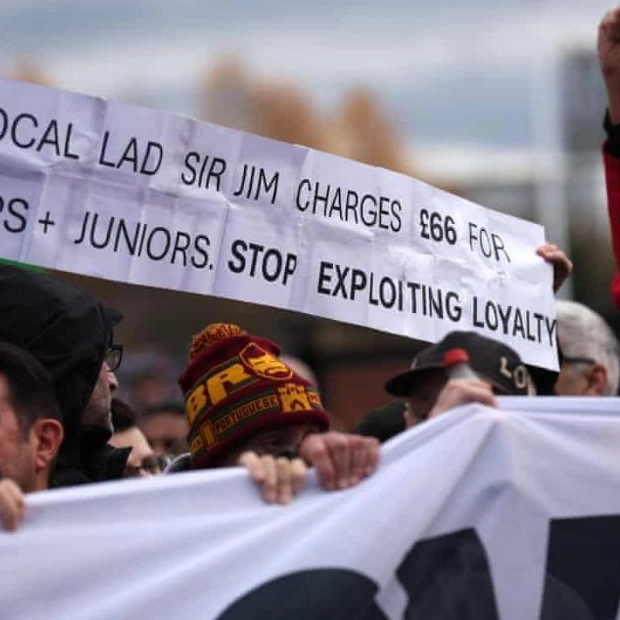Television news channels in Bangladesh went off air and telecommunications faced widespread disruption on Friday due to violent student protests against government job quotas, which have resulted in nearly two dozen deaths this week. The government has not issued any immediate statements. The French news agency AFP reported that the death toll from Thursday's violence rose to 32. Reuters previously reported 13 deaths, adding to six earlier in the week, and could not immediately confirm the higher number. Fresh violence erupted in some areas on Friday, with police using tear gas to disperse protesters, according to a Reuters photographer.
India's Economic Times reported that Prime Minister Sheikh Hasina's government was compelled to call in the army late Thursday to help maintain order. Reuters could not independently verify this information. Although the protests were initially driven by student anger over the controversial quota system, some analysts believe tough economic conditions, including high inflation, rising unemployment, and depleting foreign reserves, are exacerbating the situation.
Authorities cut some mobile services on Thursday to try to quell the unrest, but the disruption spread nationwide on Friday morning, according to Reuters witnesses in Dhaka and New Delhi. International telephone calls were mostly unsuccessful, and internet calls could not be completed. Several Bangladesh-based newspapers' websites did not update on Friday morning, and their social media accounts were inactive. Only some voice calls were functional in the country, with no mobile data or broadband available on Friday morning, a Reuters photographer in Dhaka reported. Even SMS messages were not transmitting.
News television channels and the state broadcaster BTV went off air, while entertainment channels continued normal transmission, a Reuters witness said. Some news channels displayed messages stating they could not broadcast due to technical reasons and that programming would resume soon.
Streets in the capital Dhaka were deserted on Friday, a weekly holiday in the country. There was minimal traffic and few rickshaw pullers on the streets, with thin crowds near a vegetable and fish market. A protest rally was scheduled at the main mosque at around 0800 GMT. The official websites of the Bangladesh central bank, the prime minister's office, and the police were hacked by a group calling itself "THE R3SISTANC3". The group posted messages reading, "Operation HuntDown, Stop Killing Students," in bright red font, declaring, "It's not a protest anymore, it's a war now."
The nationwide agitation, the largest since Hasina's re-election earlier this year, is fueled by high youth unemployment. Nearly a fifth of the country's 170 million population is out of work or education. Protesters are demanding the state stop reserving 30 percent of government jobs for the families of people who fought in the 1971 war of independence from Pakistan. Hasina's government had abolished the quota system in 2018, but a high court reinstated it last month. The government appealed the verdict, and the Supreme Court suspended the high court order, pending a hearing on August 7.
The government announced on Thursday its willingness to engage in talks with the protesters, but the demonstrators refused, stating, "Discussions and opening fire do not go hand in hand." Hundreds of people have been injured this week as police used tear gas and rubber bullets to disperse protesters, who set fire to vehicles, police posts, and other establishments. The capital's main university campus was the epicenter of the worst of the nationwide protests, but on Thursday, stronger demonstrations occurred in other parts of the city.






